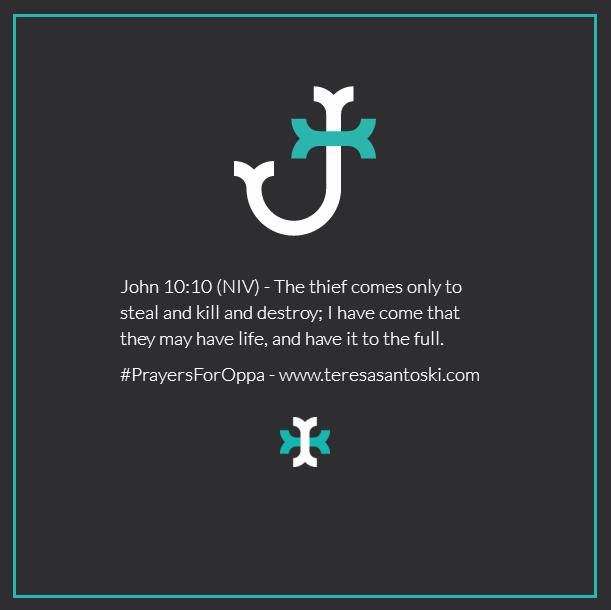Problematic Fans 101.1 – How to recognize a problematic fan and identify why they’re problematic
If you consistently follow a performer’s activities and interact with their other fans in person or online, chances are you will encounter a problematic fan. Simply put, a problematic fan is any fan with whom you have a problem. These problems can take a variety of forms, but they usually stem from the following root: their behavior – on social media or in real life – is annoying, upsetting, or downright damaging to you, other fans, or the performer themselves.
So how do you deal with these fans? The first step is identifying the nature of the problem. Taking the time to do this will help you respond appropriately. Please note that such problems can have multiple layers, so you may find that several of the following factors are involved in your particular situation.
First: Is there really a problem, or are you simply resentful of this fan?
It’s not the most pleasant or comfortable question to ask ourselves, but it’s one that is prudent to ask. Resenting another fan’s opportunities or resources can cause us to perceive them as problematic.
Here are a few situations that tend to provoke resentment:
- The fan has met the performer in person and has shared their photos or experience on social media.
- The fan has received special attention from the performer (acknowledgment on social media, winning a contest, etc.).
- The fan has significant financial resources and frequently sends the performer gifts or does fan support or charity projects.
- The fan is relatively new to the fandom but has become better known within the fandom or by the performer than other fans who have supported the performer longer.
If the problematic fan fits any of the above descriptions and you do not, please consider the possibility that resentment may be part of the problem. This is not to say that it is the entire problem; a fan who has an enviable interaction with a performer can still engage in other behaviors that are problematic. Resentment, also known as envy or jealousy, is important to deal with, however, because of how damaging it can be to you personally.
As Proverbs 14:30 tells us, “A heart at peace gives life to the body, but envy rots the bones.” Envy embitters us and causes us to focus on what others have rather than the blessings God has given us. Instead of enjoying what we have and experiencing the peace that comes from contentment, we may find ourselves fixating on what we don’t have and lashing out at those who have what we want.
That robs us of the abundant spiritual life that Jesus promised us (John 10:10). The outcome is set forth quite clearly in Job 5:2: “Resentment kills a fool, and envy slays the simple.”
Second: Is this fan hurting anyone, or are they simply annoying?
There’s a difference between annoying behavior and behavior that is damaging or dangerous. Damaging or dangerous behavior includes:
- Bullying or harassing fans online or in person by name-calling, cursing at them, or needlessly stirring up conflict.
- Taking other fans’ created content (photos, GIFs, etc.) and presenting it as their own.
- Swindling other fans out of money by selling merchandise or concert tickets that are never delivered or organizing fake charity or fan support projects.
- Hacking into the bank or social media accounts of another fan or a performer or signing them up for inappropriate online services.
- Stalking a performer or another fan by following them in person.
- Intimidating other fans who support the same performer by threatening them with physical harm, getting them fired from their place of employment, or even death.
- Threatening a performer with physical harm or death.
These behaviors are damaging or dangerous to varying degrees, but they have one thing in common: they all require a response of some sort.
Third: Is this something you should address personally, or is there another individual or authority who is better equipped to address it?
The immediacy of social media encourages us to respond to situations in the heat of the moment, but there is much to be gained by taking some time to reflect and pray before acting. Proverbs 29:20 urges us to take that time: “Do you see someone who speaks in haste? There is more hope for a fool than for them.”
With online bullying and harassment and the theft or misrepresentation of fan-created content (the less charged forms of damaging or dangerous behavior), it’s best to first approach the person who is the target of these behaviors instead of calling out the person responsible.
A fan who is being harassed may appreciate your support and public acknowledgement that such behavior is unacceptable, or they may prefer to ignore their harasser and deny them the drama and attention they may be seeking. Likewise, the creator of the stolen or misrepresented content will likely know if they’re dealing with a repeat offender or someone who is new to the fandom and unfamiliar with sharing protocol.
In regards to threats and criminal activity, do not engage the responsible individual, as they may decide to target you as well.
Now that you’ve identified what type of problematic fan you’re dealing with, the next step is to decide how to handle the situation. I’ll be discussing tactics and things to keep in mind when dealing with the wide range of problematic fans in part two of this series. Please look forward to it.
– Teresa Santoski
–
Looking for more godly encouragement geared specifically toward performers and fans? Check out Prayers for Oppa, my performer/fan devotional, which features prayers and Bible verses on Good Health, Performance Safety, Loneliness, and other topics of interest to performers and their fans. For more information, including a sample chapter and how/where to purchase, click here.



